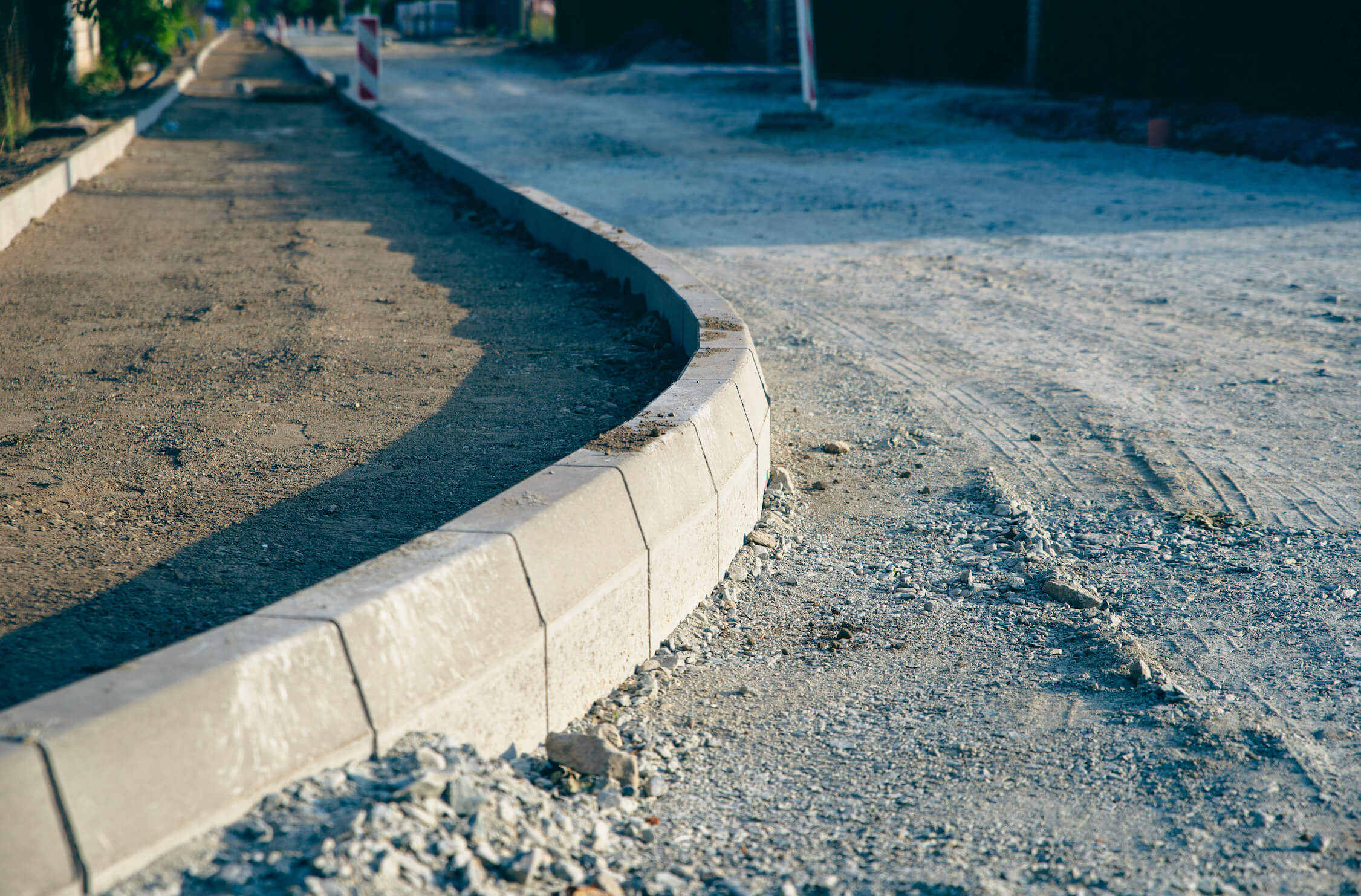 Skip to content
Skip to content

A road kerb is a raised edge or border commonly made from concrete or stone, designed to outline pavements, roadsides, medians, driveways, parking areas, and landscaping borders. Kerbs provide structural support, define road edges, enhance aesthetics, and direct water drainage.
Concrete kerbstones can be produced using three main methods:
Kerbstones are classified into four primary types based on their shapes and functional applications:




Revomac Industries specializes in advanced construction machinery. Their kerb stone machines are renowned for their robust construction, cutting-edge technology, and user-friendly interfaces. By integrating advanced features such as hydraulic operations and automated controls, Revomac’s kerb stone machines ensure high production efficiency and superior product quality.